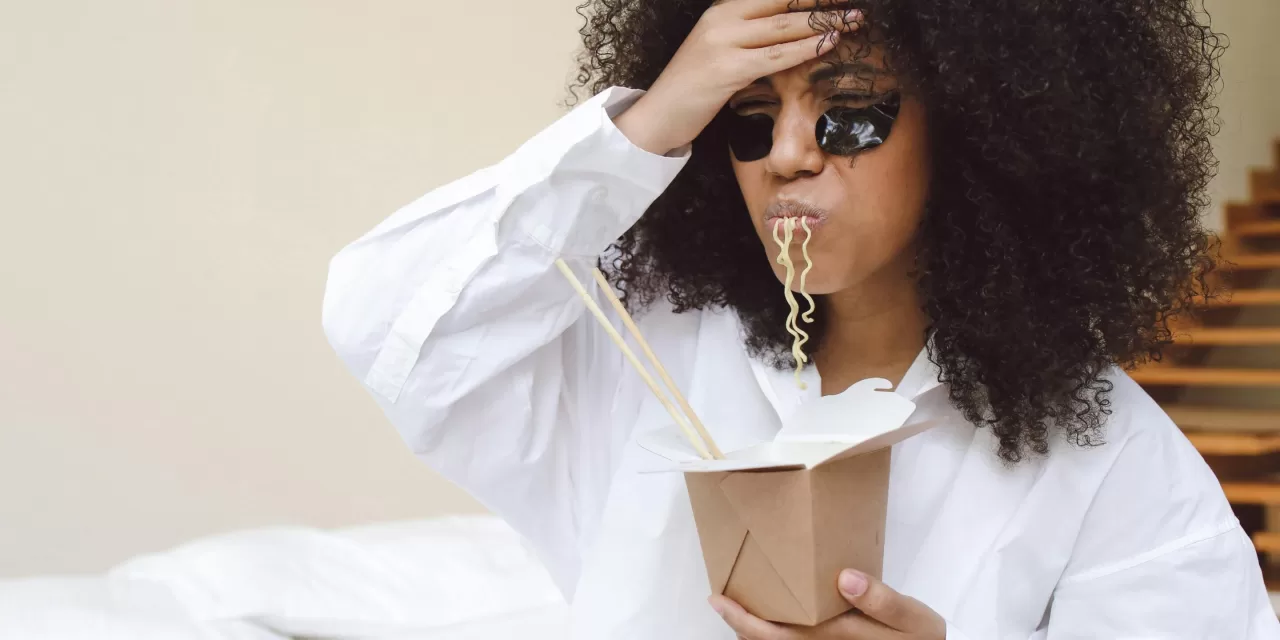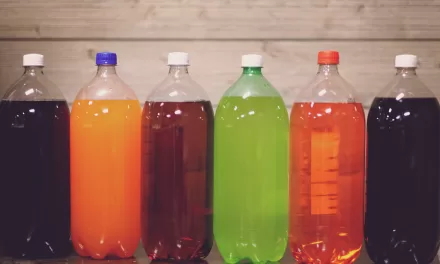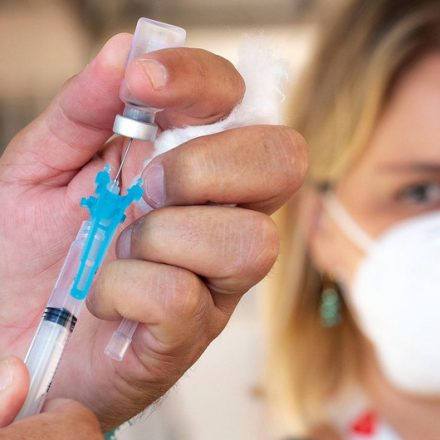After a night filled with laughter and social connection, you might expect to wake up refreshed. However, for many, the morning after drinking comes with an unwelcome visitor: hangover anxiety, commonly known as “hangxiety.” This feeling, characterized by racing thoughts, regret, and a sense of dread, impacts about 22% of social drinkers. Whether mild or overwhelming, hangxiety can make facing the day an uphill struggle.
Why Does Hangxiety Happen?
A hangover affects more than just the physical body. While dehydration and sleep disruption are responsible for headaches and nausea, alcohol has a significant mental impact as well.
When you consume alcohol, it interacts with neurotransmitters in the brain, particularly gamma-aminobutyric acid (GABA) and glutamate, which affect mood and alertness. Alcohol increases GABA, which produces calming effects, while suppressing glutamate, which slows down the brain’s activities. This chemical interplay relaxes inhibitions and can make you feel more sociable and carefree. But as alcohol leaves the body, the brain attempts to rebalance, reducing GABA and increasing glutamate, leading to overstimulation. This rebound effect often triggers anxiety.
Why Some People Experience Hangxiety More than Others
Genetics play a significant role in how the body metabolizes alcohol, influencing how intense hangover symptoms might be for each individual. Research suggests genetic factors account for nearly half of the reason some wake up feeling anxious after drinking, while others don’t. People who naturally experience higher anxiety levels or use alcohol to cope with social stressors are especially susceptible to hangxiety.
Behavior during drinking can also influence next-day anxiety. The inability to remember conversations or actions from the night before can fuel regret and worry. This rumination can become cyclical and challenging to overcome, often amplifying feelings of anxiety.
How to Prevent and Manage Hangxiety
The best way to avoid hangxiety is to limit alcohol intake. The Australian guidelines advise consuming no more than ten standard drinks per week and no more than four drinks in a single day. Additionally, steering clear of party drugs or other substances when drinking is essential, as these can intensify anxiety as they wear off.
If hangxiety does strike, a few strategies may help ease both physical and mental symptoms:
- Stay Hydrated and Nourished: Drinking water and eating a light meal can aid physical recovery, which may reduce anxiety.
- Practice Mindfulness: Techniques like meditation or deep breathing can help calm racing thoughts.
- Try Journaling: Writing can help process emotions and re-frame anxious thoughts, promoting self-compassion.
- Connect with a Friend: Talking through worries with a trusted friend can offer comfort and reduce feelings of isolation.
Understanding why hangxiety happens can make the morning after less daunting. By managing both physical recovery and mental well-being, you can regain control and ease anxious thoughts, making social drinking a more enjoyable experience.











